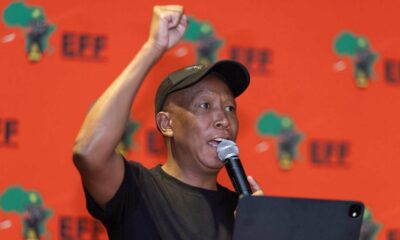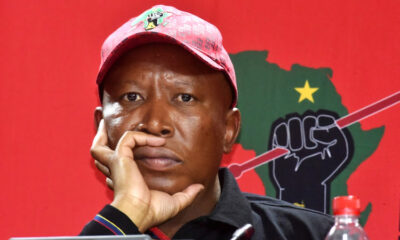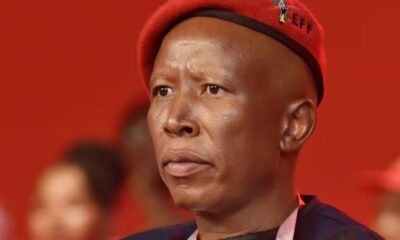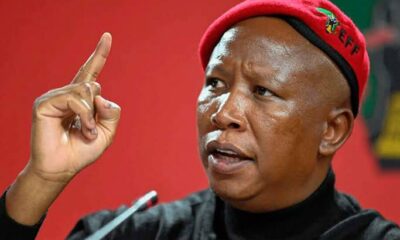News
Budget Battle Resumes: Parliament Faces Crunch Vote on 2025 Fiscal Framework
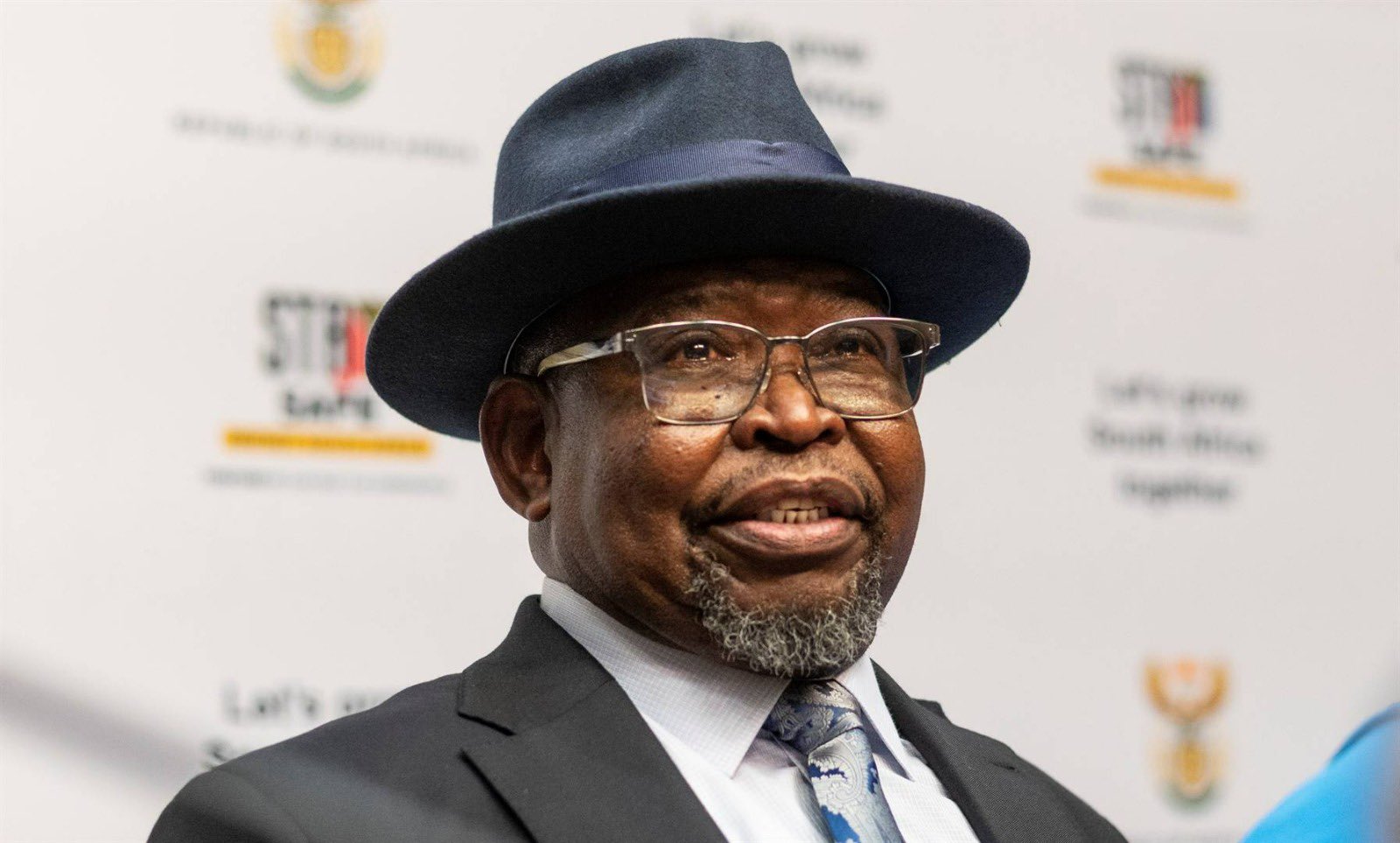
Will the 2025 Budget Survive Round Two?
Three weeks after Finance Minister Enoch Godongwana tabled the national budget, Parliament is back in the hot seat—once again trying to push through South Africa’s fiscal framework and revenue proposals for 2025. It’s a high-stakes moment for the government, which hopes this second attempt won’t end in deadlock like the last.
The fiscal framework is essentially the country’s financial game plan. It lays out how much South Africa expects to earn, how much it plans to spend, and how it will juggle its ballooning debt. But this blueprint has sparked intense pushback, with critics zeroing in on controversial proposals like the VAT hike and fuel levy increases.
Fuel and Friction: Opposition Pushback Grows
Last time around, the government needed a bit of a miracle to get the vote through. It came in the form of support from smaller parties like ActionSA and Build One SA (BOSA), who helped the ANC sneak past opposition. But the fight didn’t end there. The Democratic Alliance (DA) and Economic Freedom Fighters (EFF) took the matter to court, especially targeting the proposed VAT hike.
Now, with the fuel levy already implemented and inflation leaving many households stretched thin, the political climate is even more volatile.
Both the EFF and the newly formed uMkhonto weSizwe (MK) Party are firmly against the framework. The MK Party even tried (unsuccessfully) to censure Godongwana on Tuesday, blaming him for what they describe as a botched budget process.
What’s at Stake for Parliament
The vote isn’t just a political sideshow it has real consequences for government operations. According to Parliament spokesperson Moloto Mothapo, both houses must approve the framework before any actual budget bills (which allocate funding to departments and provinces) can move forward.
Here’s how the math works:
-
In the National Assembly, at least one-third of MPs must be present, and a simple majority of those present must vote in favour.
-
In the National Council of Provinces (NCOP), five provinces must vote “yes” for it to pass.
Only then can the two key money bills be processed. Until that happens, no public funds can be legally distributed for the upcoming financial year.
Public Pressure and Political Theatre
The debate isn’t just happening in Parliament. Social media has lit up with frustration over rising living costs, especially in response to the fuel levy, which quietly took effect without much fanfare.
On X (formerly Twitter), hashtags like #ScrapTheLevy and #BudgetForThePeople have been trending, reflecting widespread concern about how working-class South Africans will absorb these hikes while battling load shedding, water outages, and food inflation.
Others question whether these tough measures are necessary or just another example of poor governance and misplaced priorities.
A Nation Watching Closely
This week’s vote is about more than numbers. It’s about trust. In an election year already marked by shifting allegiances, new political formations, and deepening public frustration, how Parliament handles this fiscal framework could shape the tone for the rest of 2025.
If Godongwana wins this round, committees will finally get to work on the nitty-gritty of the budget. If not, South Africa may be staring down a fiscal crisis with no clear path forward.
Either way, all eyes are on Parliament and South Africans are no longer just spectators.
{Source: EWN}
Follow Joburg ETC on Facebook, Twitter , TikTok and Instagram
For more News in Johannesburg, visit joburgetc.com

